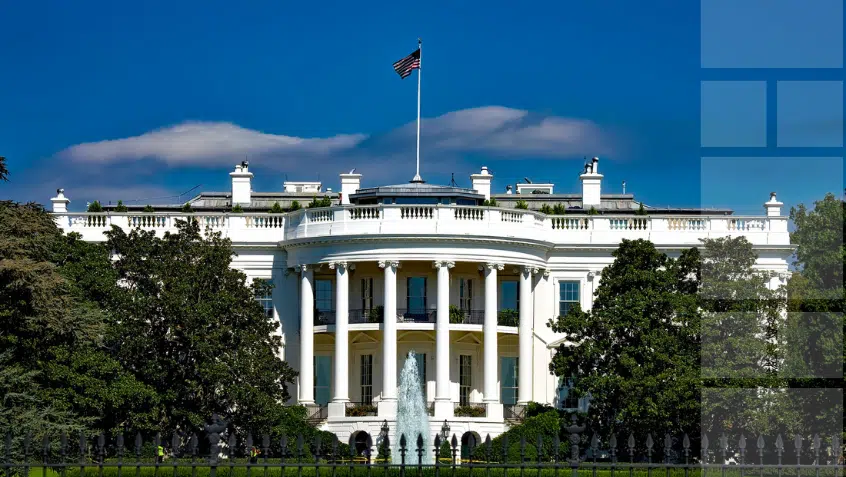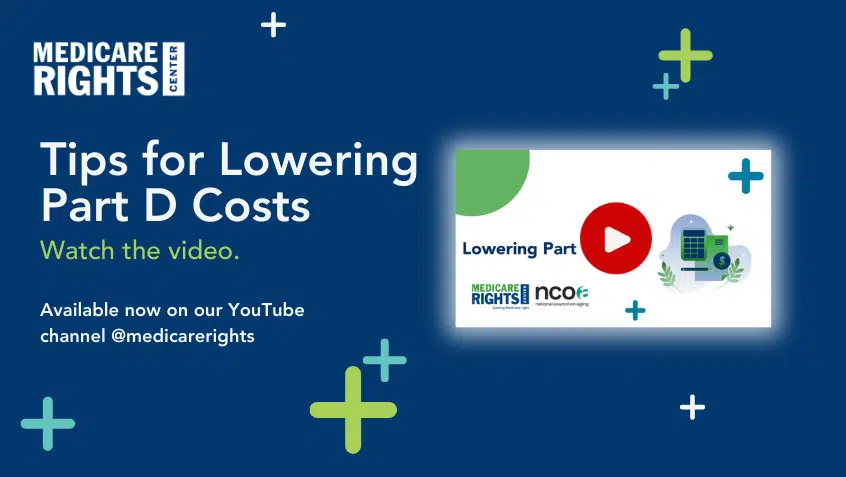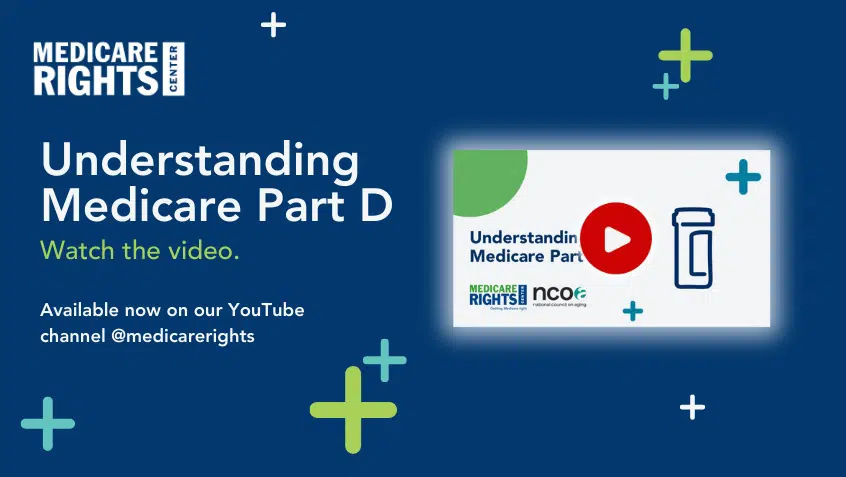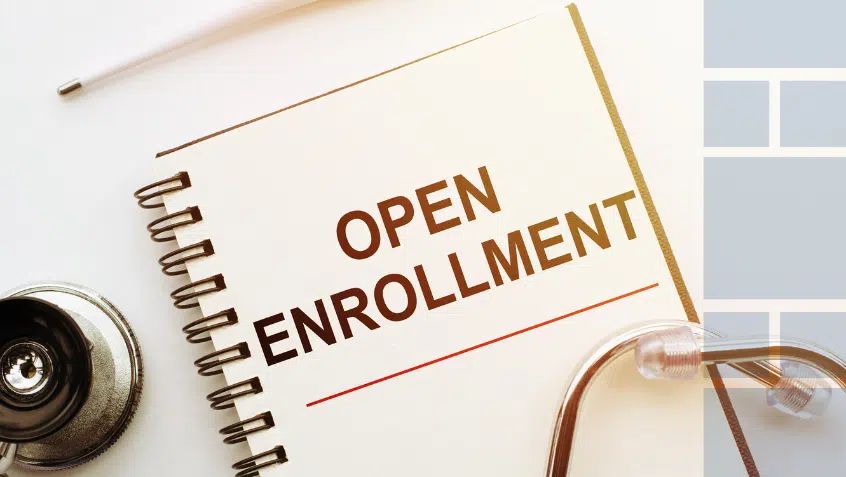Join Us Live for a Discussion on Medicare, Democracy, and the Future of Health Care
Upcoming Medicare Additions for Treatment for Opioid Use Disorder

The Centers for Medicare & Medicaid Services (CMS) recently finalized a rule that expands Medicare coverage for Opioid Use Disorder (OUD). Recent legislation, the Substance Use Disorder Prevention that Promotes Opioid Recovery and Treatment for Patients and Communities (SUPPORT) Act, established a pathway for this more comprehensive Medicare coverage of OUD services. Beginning on January 1, 2020, Medicare Part B will cover OUD treatment—including methadone for Medication Assisted Therapy (MAT)—furnished by an Opioid Treatment Program (OTP) under a bundled payment mechanism. This means a significant improvement in access to OUD care for people with Medicare, including for those who are dually eligible for Medicaid.
Allowing Medicare Part B to pay for methadone as part of a MAT program is a welcome reform. Historically, methadone has only been covered by Medicare for outpatient pain management, not for opioid addiction, despite its effectiveness in treating OUD being well-documented. Specifically, it has not been reimbursable by Medicare Part B because under statute, it can only be dispensed and administered by an OTP for MAT, and OTPs have been ineligible for Medicare participation.
The SUPPORT Act and this final rule from CMS eliminates this coverage gap. Starting in 2020, OTPs will be permitted to enroll as Medicare providers, and OTP services under the payment bundle will be available without cost-sharing for Medicare beneficiaries. These services include:
- FDA-approved opioid agonist and antagonist treatment medications,
- the dispensing and administering of such medications (if applicable),
- substance use counseling,
- individual and group therapy,
- toxicology testing which includes both presumptive and definitive testing,
- intake activities, and
- periodic assessments.
In addition to the OTP provisions, the final rule establishes a separate bundled payment system for OUD treatment services furnished in an office setting. Unlike OTP services, services provided in an office setting will not have cost-sharing set at zero, but we hope that CMS will consider creating new pathways in the future that eliminate cost barriers for OUD care.
To further improve access to OUD treatment, both OTPs and providers in office settings will be permitted to furnish substance use counseling, individual therapy, and group therapy through telehealth technology, extending the reach of these important services.
Historically, services that are covered by both Medicare and Medicaid may lead to confusion and difficulty accessing care for beneficiaries. This rule creates more overlap between the programs for OUD care and could result in access issues as beneficiaries transition from Medicaid to Medicare coverage for OTP services. In the final rule, CMS pledges to provide guidance, education, and outreach for transition issues and directs both OTPs and state Medicaid officers to ensure that people who are dually eligible for both Medicare and Medicaid do not face any issues accessing OUD care through Medicare.
Medicare Rights has long supported the inclusion of MAT as a treatment option in Medicare and applauds these rules. While much has been done within Medicare to combat the opioid crisis, we continue to hear from people on our National Consumer Helpline who are facing obstacles in accessing opioid-related care. These obstacles may be related to cost, access to providers, or access to treatment options. We urge Congress and the Administration to continue to prioritize, develop, and implement strategies to address these and other challenges.
Show Comments
We welcome thoughtful, respectful discussion on our website. To maintain a safe and constructive environment, comments that include profanity or violent, threatening language will be hidden. We may ban commentors who repeatedly cross these guidelines.
Help Us Protect & Strengthen Medicare
Donate today and make a lasting impact
More than 67 million people rely on Medicare—but many still face barriers to the care they need. With your support, we provide free, unbiased help to people navigating Medicare and work across the country with federal and state advocates to protect Medicare’s future and address the needs of those it serves.
The Latest
Most Read
Add Medicare to Your Inbox
Sign up to receive Medicare news, policy developments, and other useful updates from the Medicare Rights.
View this profile on InstagramMedicare Rights Center (@medicarerights) • Instagram photos and videos









